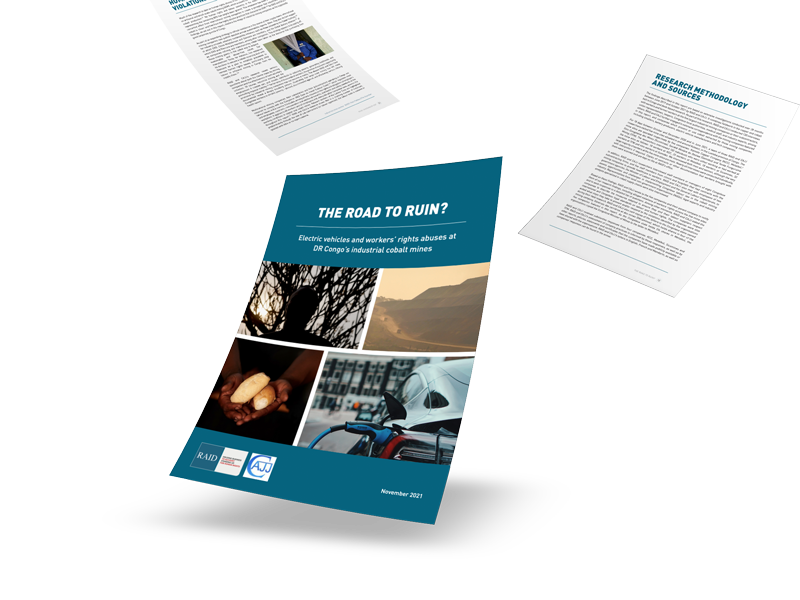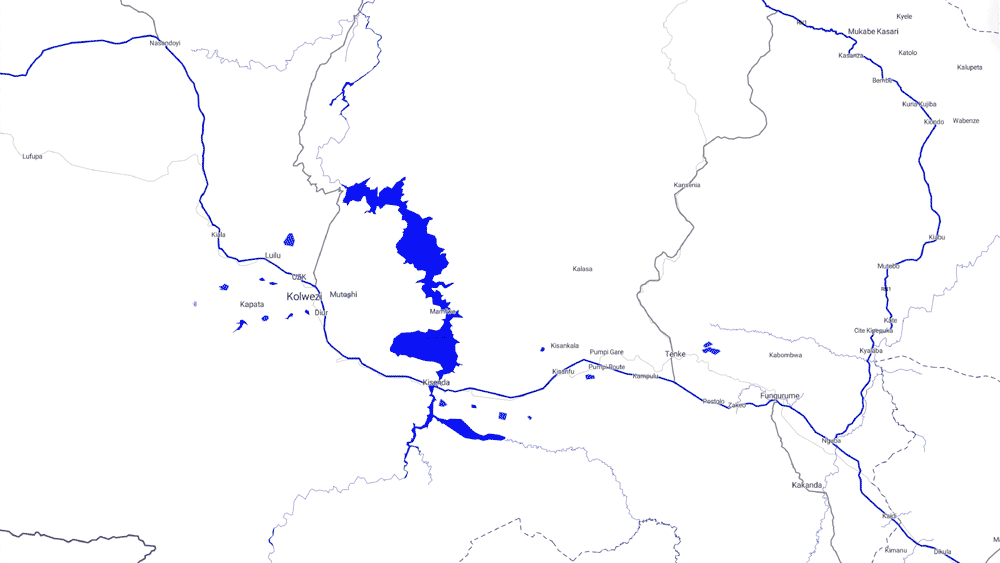Industry experts including the International Energy Agency (IEA) forecasts that the sales of EV will reach 200 million by 2030. According to Tesla’s 2020 and 2021 Impact Reports, the company aims by 2030 to build 20 million cars – annually. This goal and Tesla´s contribution to sustainability and the green transition was also addressed by Tesla’s Chair at the 2022 AGM.
According to Reuters, this growth will “fundamentally remake the global auto industry as well as the mining and trade of battery materials”. Key to the EV technology is the battery, containing a number of different minerals, lithium, nickel, and cobalt being the most important. The demand for these minerals will increase dramatically. Battery capacity as well as raw material production will have to expand to meet this demand. This could mean hundreds of new mines.
But EV supply chains also present environmental and human rights concerns such as labour rights abuses across the mining sector and in US car manufacturing, child labour in cobalt mining, water pollution, deforestation, etc.
Field study in the Democratic Republic of Congo (DRC)
As part of improving our understanding of the challenges related to the green transition, we commissioned a field study from RAID (Rights and Accountability in Development), published in 2021: The Road to Ruin? Electric vehicles and workers’ rights abuses at DR Congo’s industrial cobalt mines. The study looked at five of the biggest cobalt mines in the DRC owned or operated by multinational mining companies which together produced nearly half of the global supply of cobalt in 2020.
Report from RAID
The road to ruin? Electric vehicles and workers’ rights abuses at DR Congo’s industrial cobalt mines

The findings were based on investigations conducted between June 2019 and October 2021 and combined fieldwork in the copper and cobalt belt in the DRC, interviews with workers and other relevant persons, and desk-based research and correspondence with mining, EV manufacturers, and other companies featured in the report. The report describes the widespread exploitation of workers at many of the DRC’s industrial mines. The research traced cobalt from the industrial cobalt mines covered in this report through the supply chain to the “downstream” EV makers and electronics manufacturers that purchase and use the batteries made from cobalt. One of the identified companies was Tesla. As part of the study RAID reached out to the companies in the report and Tesla was very responsive.1
1 Tesla was responsive to : raid_cajj_correspondence_manufacturers_1.pdf (raid-uk.org)

Nordea’s engagement
Following the publication of the RAID report, Nordea also had a meeting with Tesla to express our concerns and to understand how they responded to and were addressing the findings of the report. The company’s responsible sourcing team had just returned from a trip to the DRC and had some helpful information and updates to share.
Tesla commits to international standards on business and human rights and says that sourcing from industrial mines is a means to remove human rights issues and child labour in artisanal mining in the DRC from their supply chain. Investors, including Nordea, remain, however, concerned about the high exposure of the company to persistent human rights risk.
It's a fact:
The Corporate Human Rights Benchmark (CHRB)
- First-ever ranking and measuring of the human rights performance of the world’s largest listed companies in sectors with high human rights risk.
- Update this with CHRB 2022 Assessment: The fifth iteration of the Corporate Human Rights Benchmark, published in November 2022, assesses 127 globally listed companies in the food & agricultural products, ICT, and car manufacturing sectors on their human rights performance.
- Between 2016 and 2020, Nordea was a funding and steering committee member of the CHRB, now integrated with the World Benchmarking Alliance.
***********************************
Source: http://bit.ly/3PVynbS
Collaborative engagement and tracking performance on Tesla
Nordea has since 2017 been part of a collaborative investor engagement based on the Corporate Human Rights Benchmark (CHRB) company assessments. We also use the CHRB as a means of tracking companies ‘progress on their human rights performance. In 2020, 30 companies in the car manufacturing sector, including Tesla, were assessed for the first time. Tesla as well as the overall average score of this sector received low scores on their overall performance on human rights as well as on human rights due diligence. The 2022 CHRB assessment that was published in November 2022 showed some improvements.
We will continue our dialogue with Tesla.

